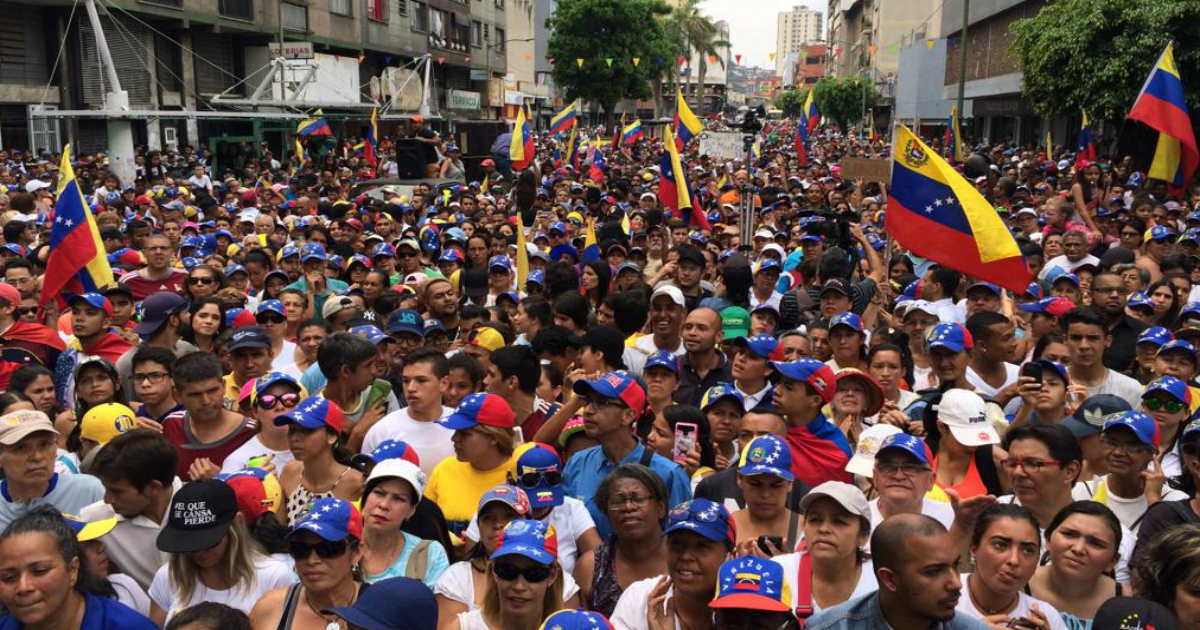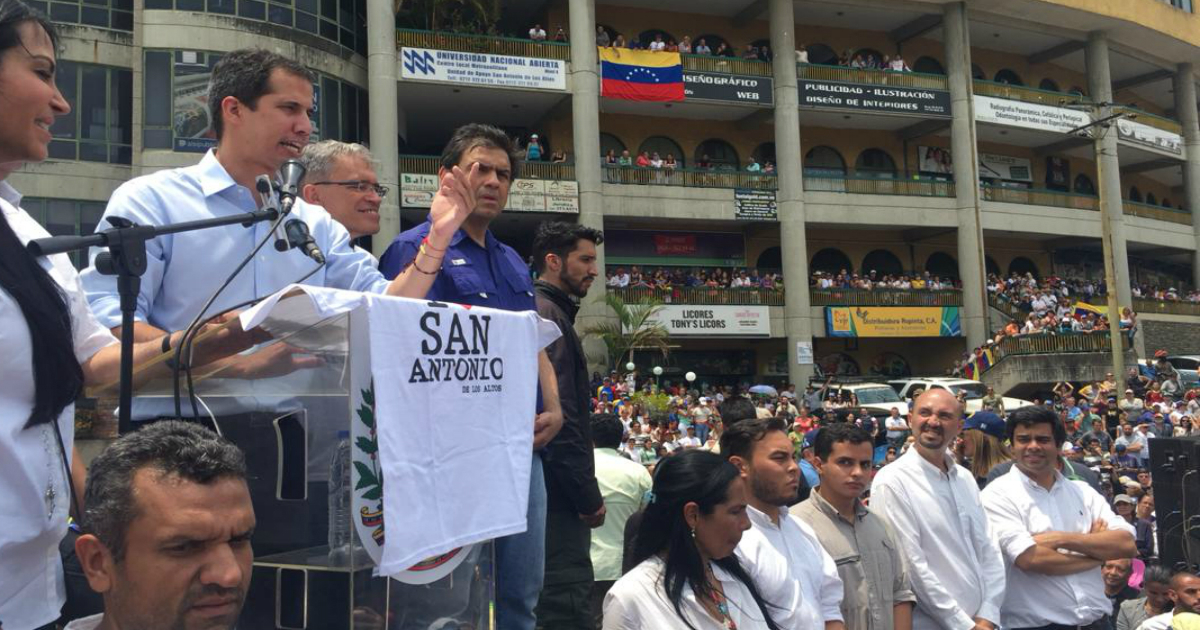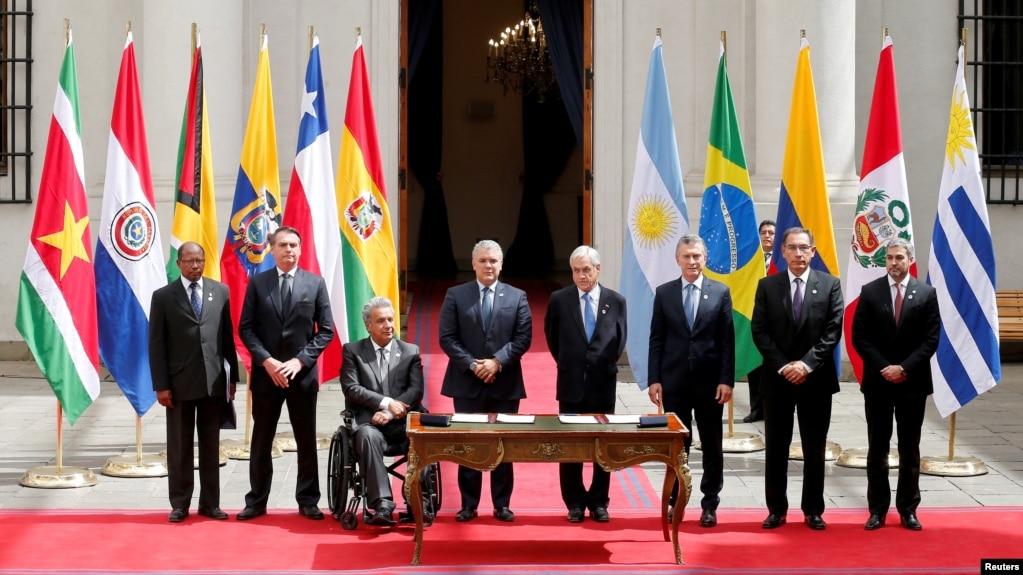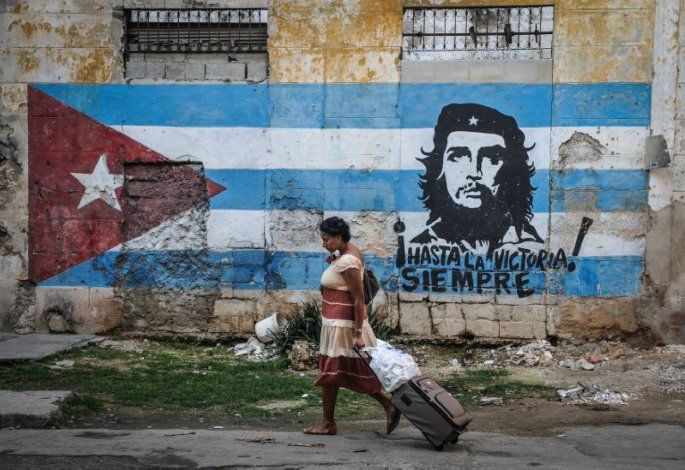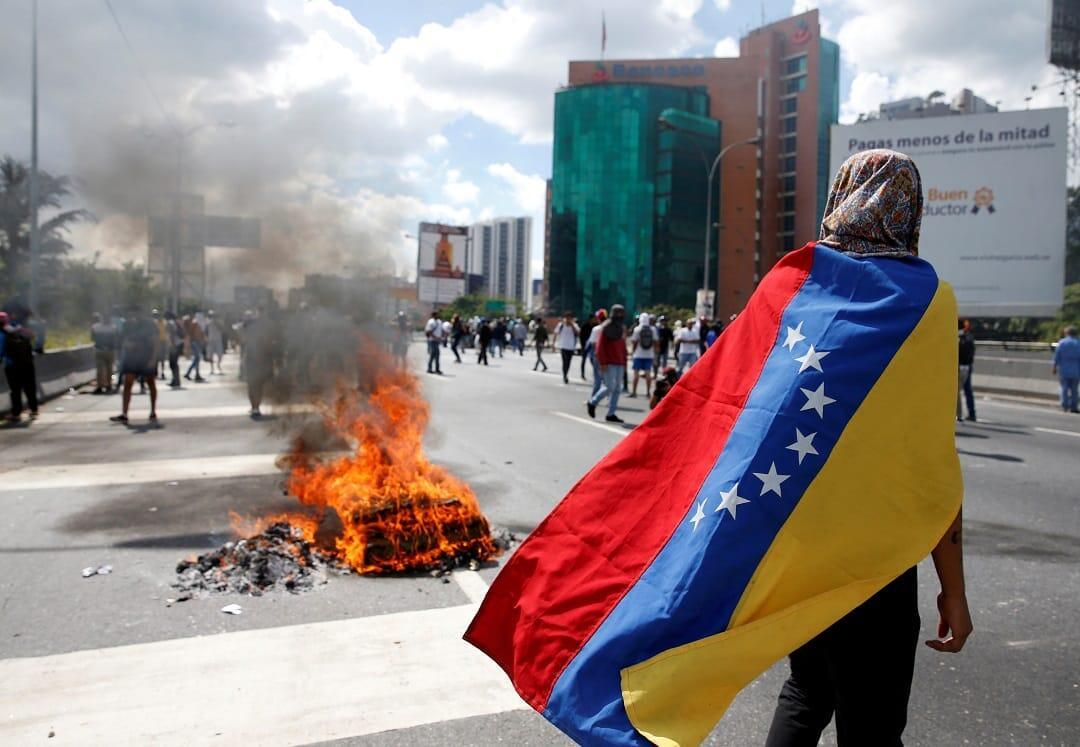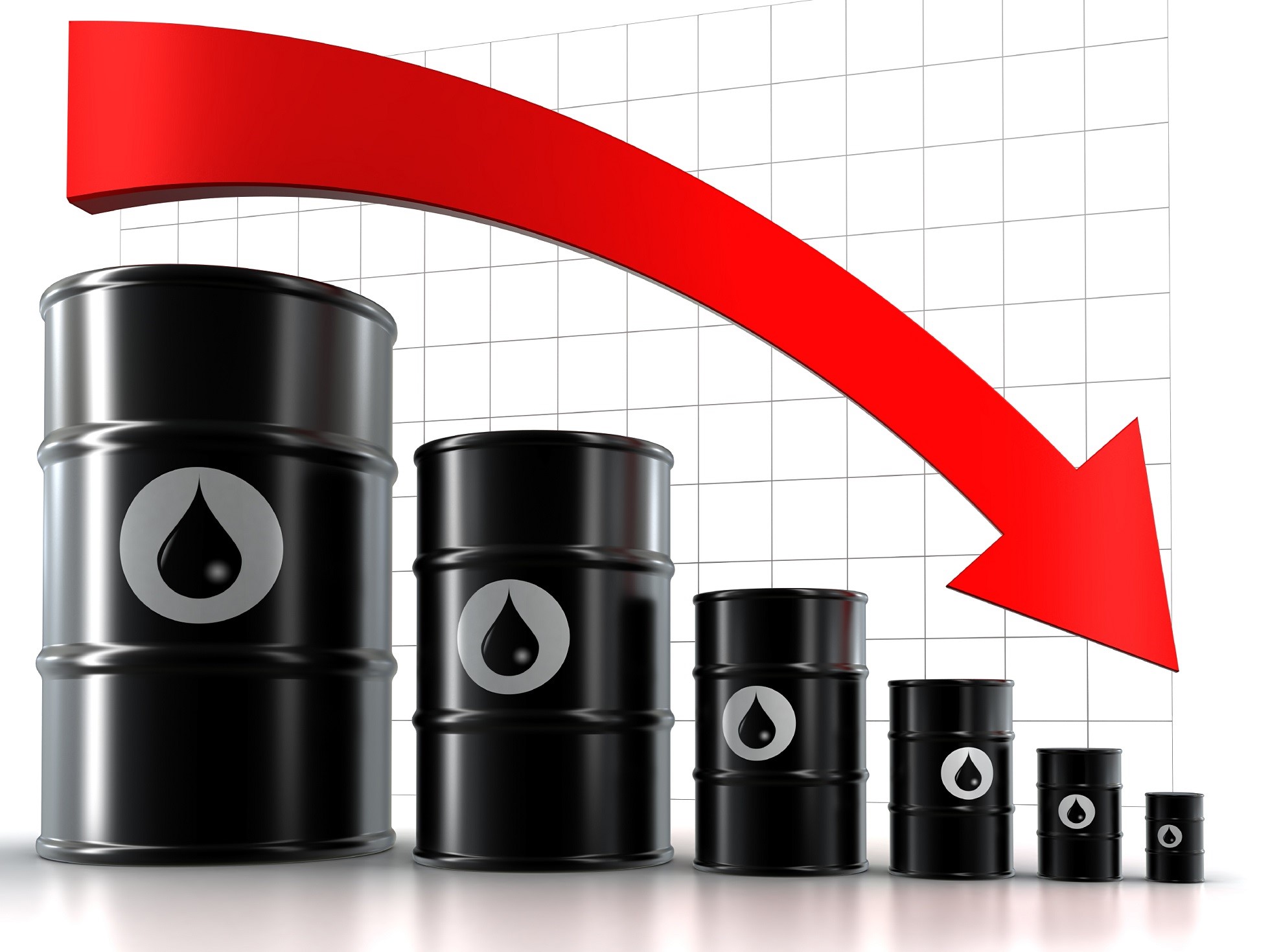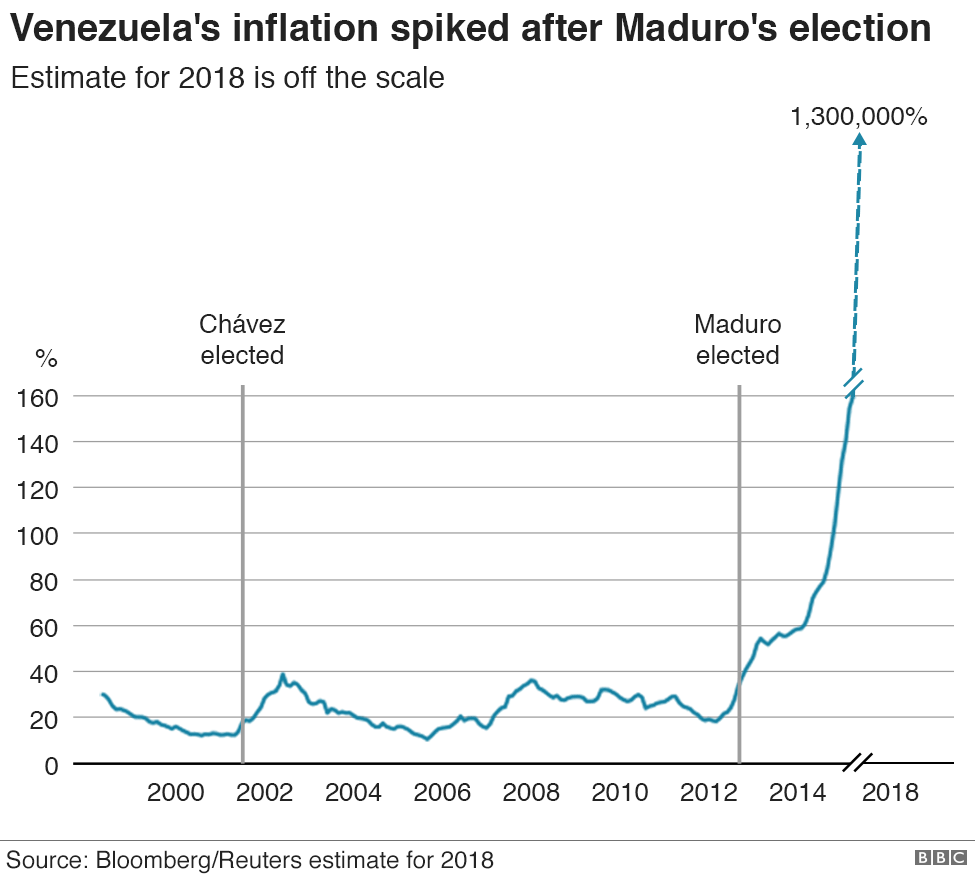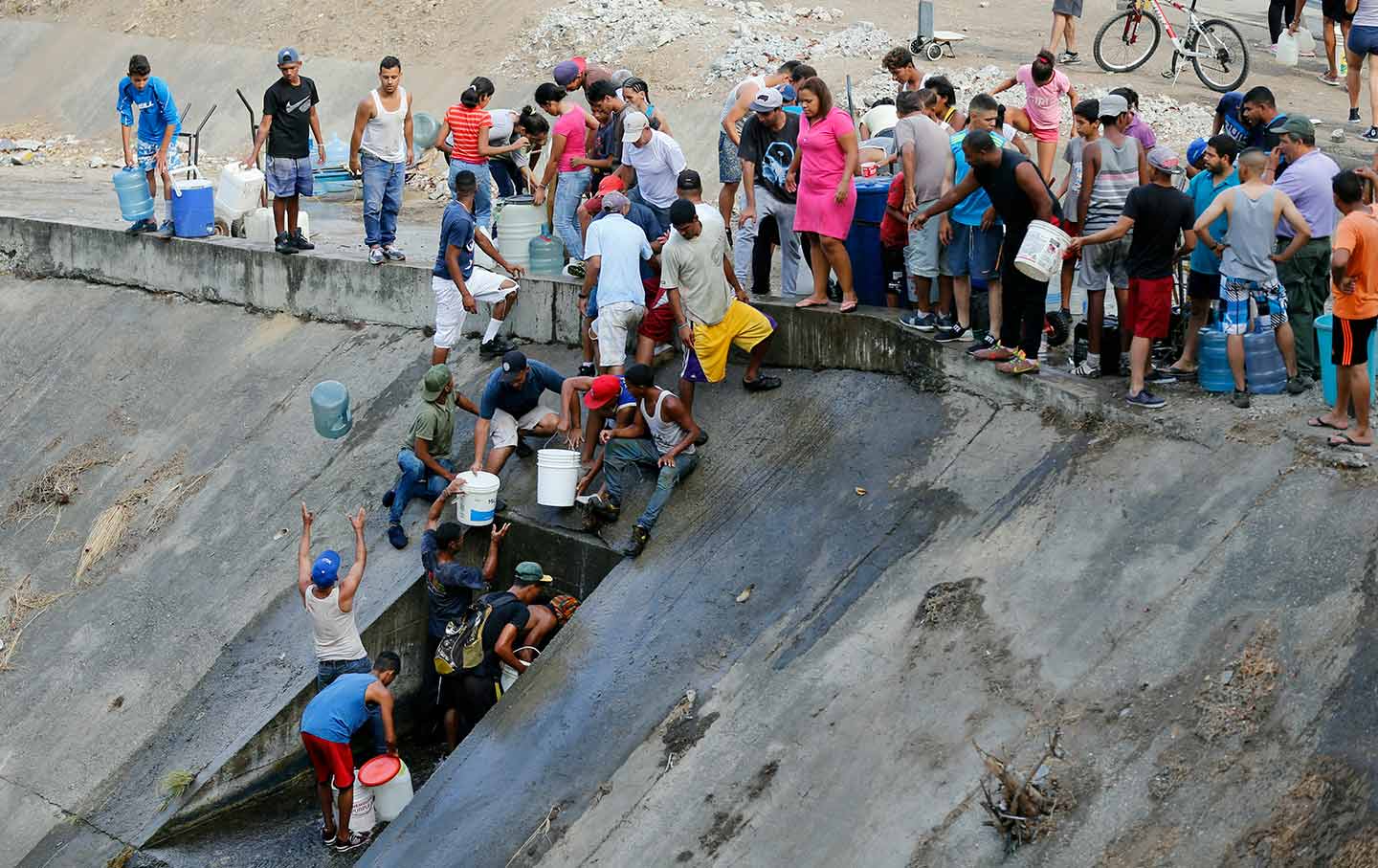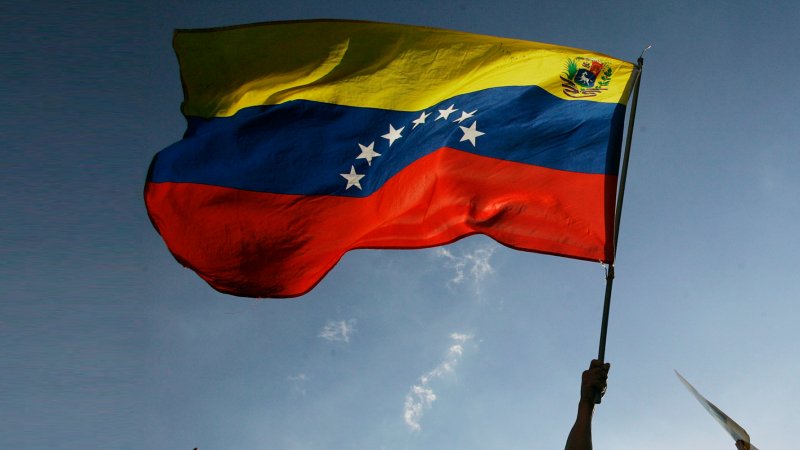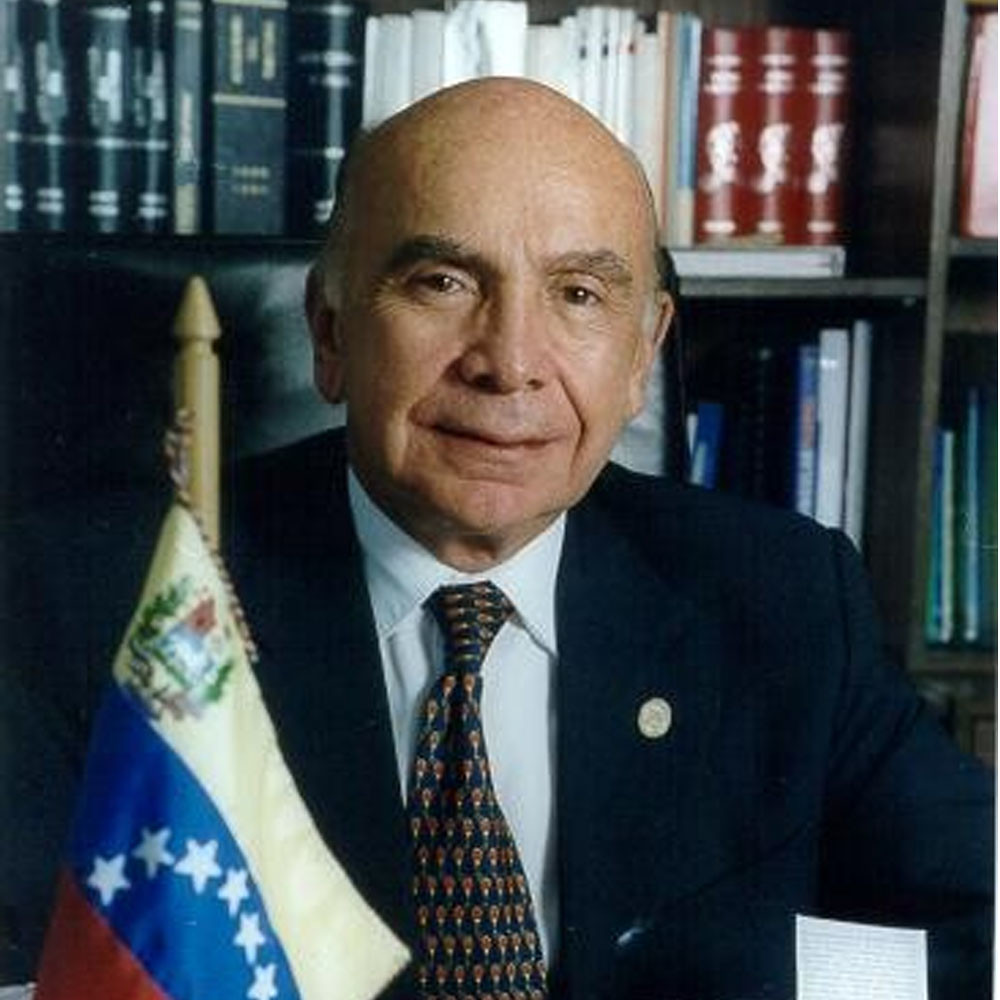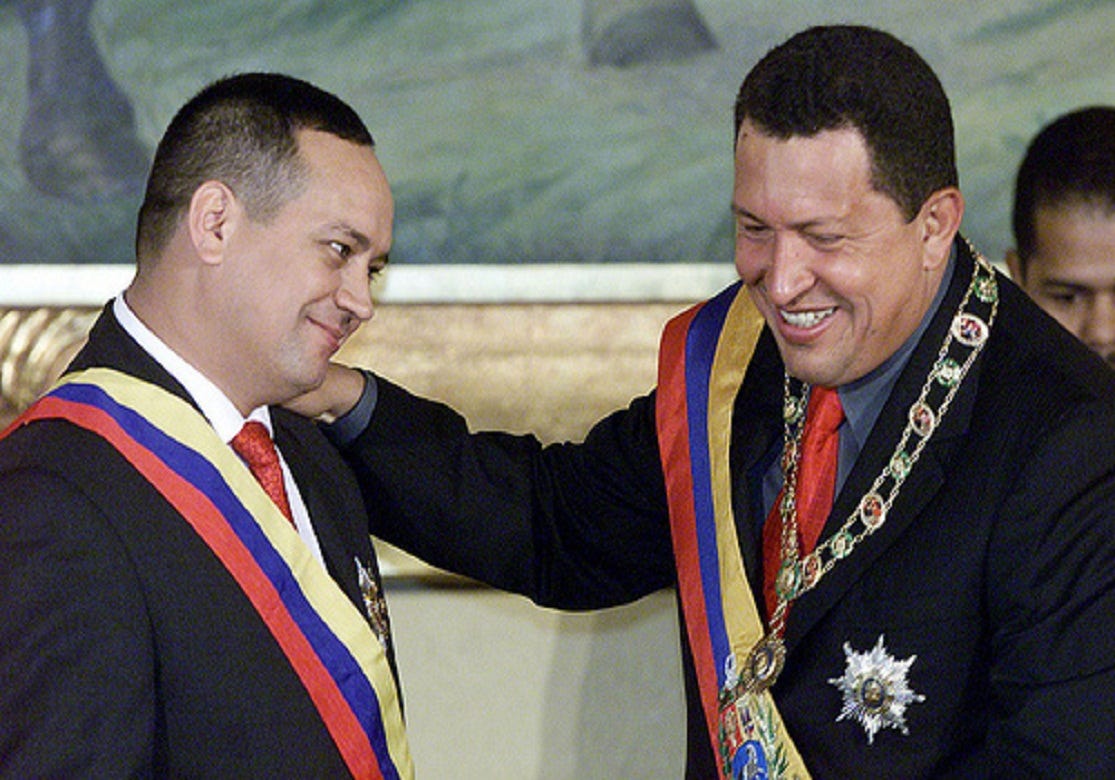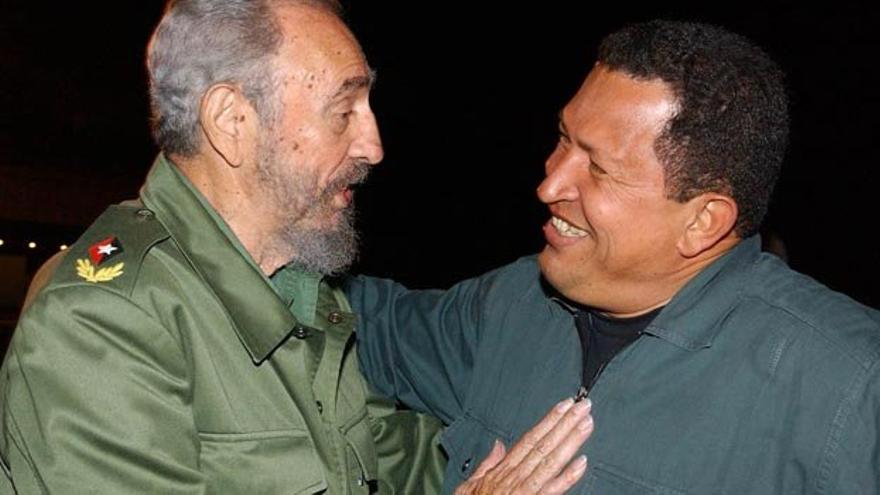Venezuela. The UN High Commissioner for Human Rights presented an update on her report on the situation in Venezuela and noted that there are "high numbers of deaths of young people in marginalized neighborhoods as a result of security operations"
“I am concerned about the high numbers of deaths of young people in marginalized neighborhoods as a result of security operations. My office registered 711 deaths from June to August, reaching more than 2,000 deaths since January 2020, ”Bachelet told the Human Rights Council.
 |
| Michelle Bachelet - UN High Commissioner for Human Rights |
She then said that her office continues to document cases of repression in peaceful protests in Venezuela, under the "state of alarm", including arrests and deaths of protesters. "In Venezuela, restrictions on freedom of expression, the application of the Hate Law, attacks on defenders and journalists continue," he stressed.
She also denounced her concern about the stigmatizing speeches of the country's authorities, which hold those who return responsible for introducing the coronavirus into Venezuelan territory. "33% of the deaths from COVID-19 in Venezuela have been of health personnel, mainly due to the lack of protective equipment and water," she denounced.
Finally, she argued that the pandemic was added to other pre-existing emergencies, such as food. She said that the rate of acute malnutrition in children is around 15% and that some stop eating so that another family member can do so.
This update came after an International Mission commissioned by the UN to investigate the human rights situation in Venezuela once again focused on the brutality of the Venezuelan regime.
In the 21 pages, the dictator Nicolás Maduro and her defense ministers, Vladimir Padrino López; and from the Interior, Néstor Reverol, as leading figures in serious crimes committed by the country's security forces. The report offers extensive information "that shows that the State authorities -both at the presidential and ministerial levels- exercised power and supervision over the civil and military security forces, and the agencies identified as perpetrators of the violations and documented crimes."
The Mission found numerous acts of torture. In a list, she identified the nine techniques of the Chavista forces to hurt political prisoners:
- Heavy beatings.
- Suffocation with toxic substances and water.
- Stress positions.
- Prolonged confinement in solitary confinement under harsh conditions.
- Sexual and gender-based violence, including forced nudity and rape.
- Cuts and mutilations.
- Electric shocks.
- Use of drugs to induce confession.
- Psychological torture.
The report offers extensive information "that shows that the State authorities - both at the presidential and ministerial levels - exercised power and supervision over the civilian and military security forces, and the agencies identified as perpetrators of the documented violations and crimes."
“Some of these acts caused serious and / or permanent physical injury. This included the loss of sensory or motor functions, reproductive injuries, abortions, blood in the urine and broken ribs ”, explains the UN mission. The horrors of the Maduro regime, they add, also led to severe psychological trauma and depression.
In three cases investigated by the Mission, the DGCIM perpetrated acts of sexual or gender-based violence against the soldiers detained during interrogations to degrade, humiliate or punish them. “DGCIM officials of both sexes subjected people to forced nudity, sometimes for days. The male guards threatened to rape detainees with sharp objects, mainly sticks and bats, and in one case they raped a detainee. Electric shocks and blows were administered, even to the testicles ”, he details.
After the report was released, the president in charge of Venezuela, Juan Guaidó, called on those who still recognize Maduro as a Venezuelan authority. “The UN Report puts Maduro at the level of the atrocious crimes committed by Gaddafi. No one can have any doubt at this time that there is a criminal regime in Venezuela, "he declared.
Source: Infobae







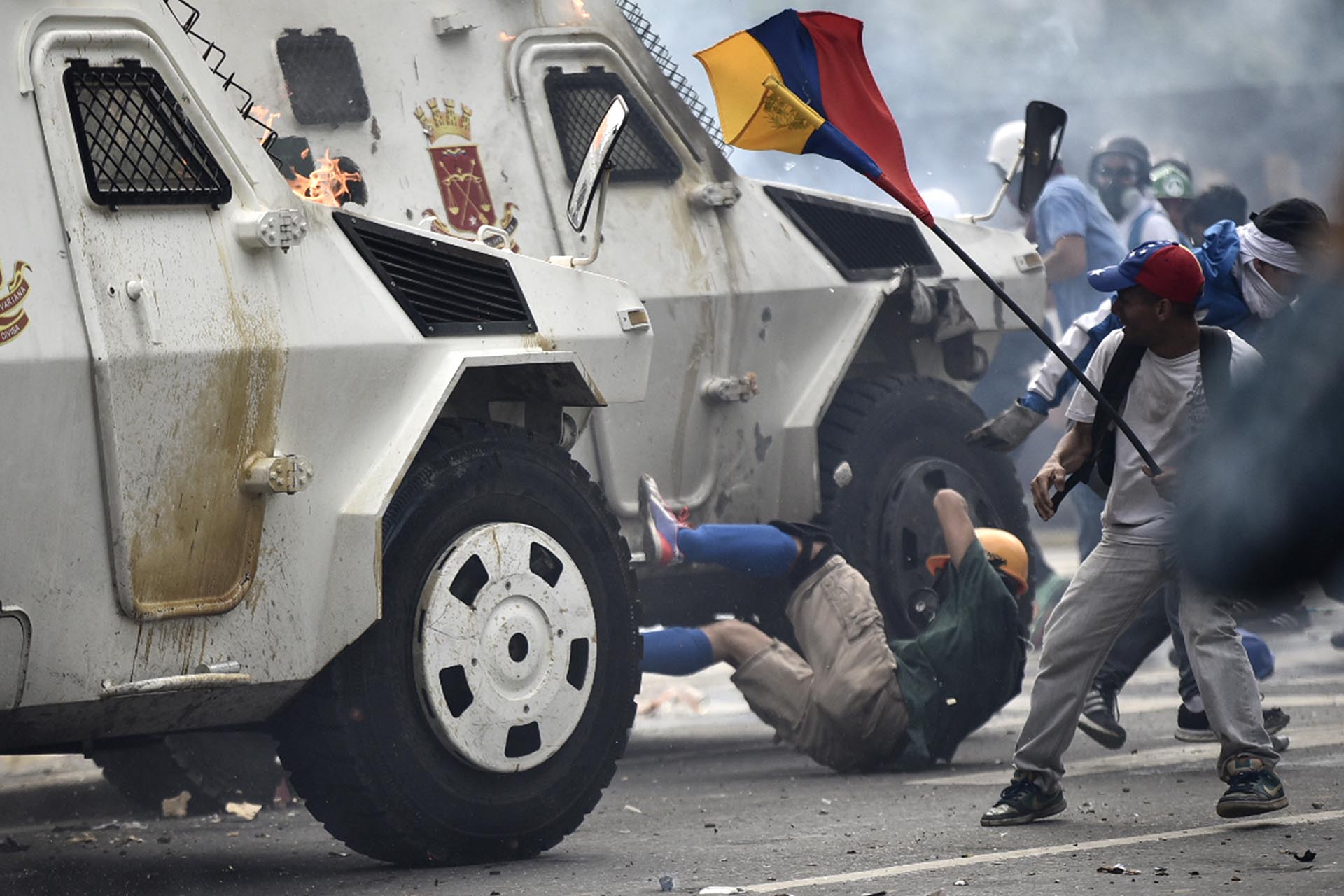
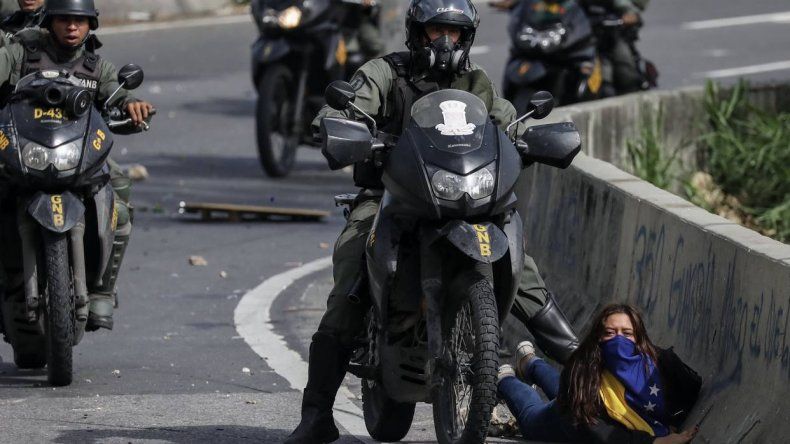

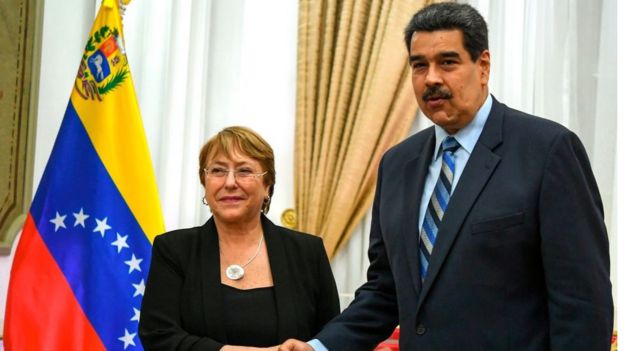

/s3.amazonaws.com/arc-wordpress-client-uploads/infobae-wp/wp-content/uploads/2019/04/30075757/guiado-leopoldo-venezuela-1920-4.jpg)
/s3.amazonaws.com/arc-wordpress-client-uploads/infobae-wp/wp-content/uploads/2019/04/30080443/venezuela-gases-lacrimogenos-1920-la-carlota-3.jpg)

/s3.amazonaws.com/arc-wordpress-client-uploads/infobae-wp/wp-content/uploads/2019/04/30075812/guiado-leopoldo-venezuela-1920-6.jpg)
/s3.amazonaws.com/arc-wordpress-client-uploads/infobae-wp/wp-content/uploads/2019/03/25222221/2019-03-25T212353Z_118828927_RC1FCE716D20_RTRMADP_3_BRAZIL-ENERGY.jpg)
/s3.amazonaws.com/arc-wordpress-client-uploads/infobae-wp/wp-content/uploads/2019/02/28173058/guaido-bolsonaro-3.jpg)

